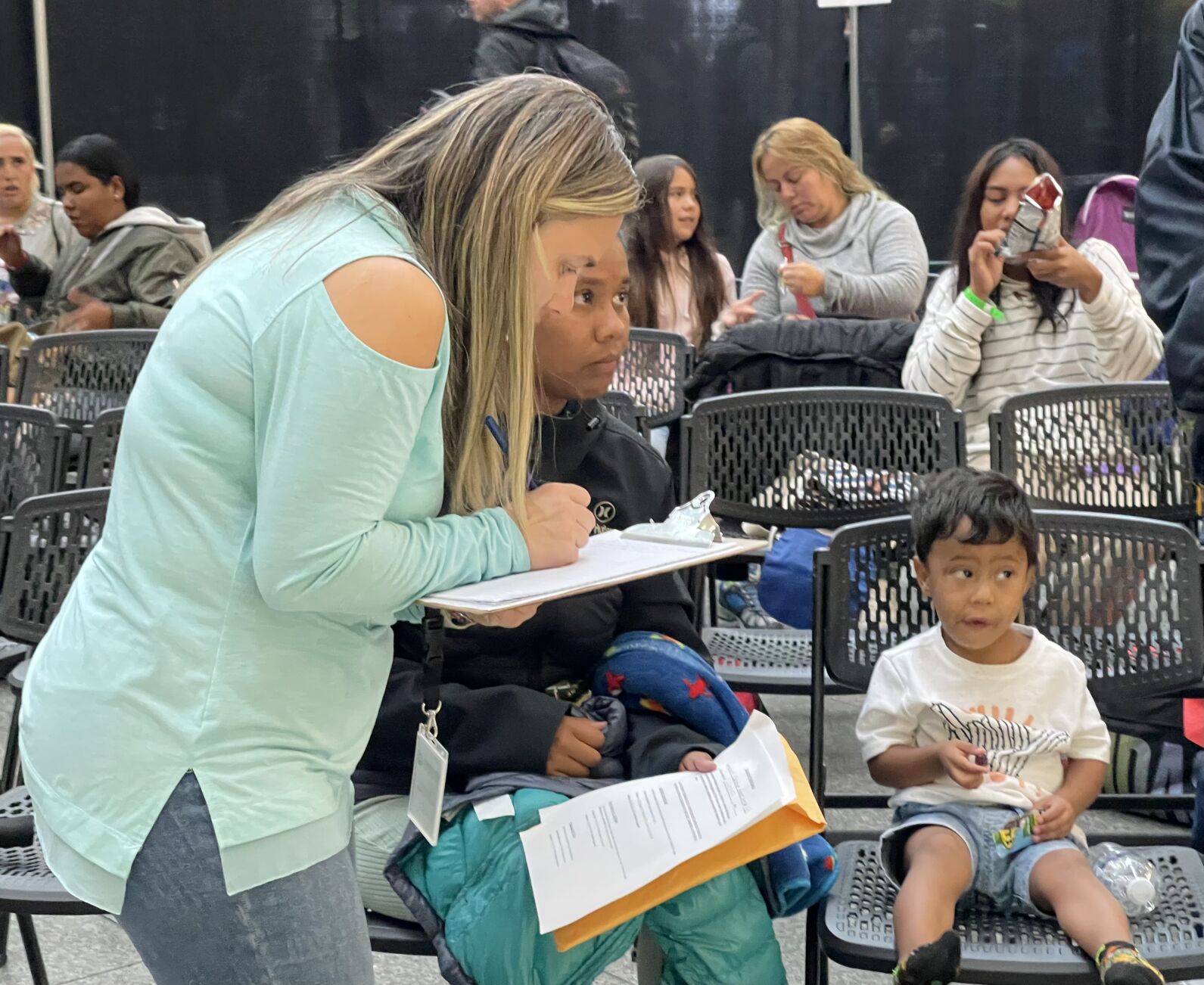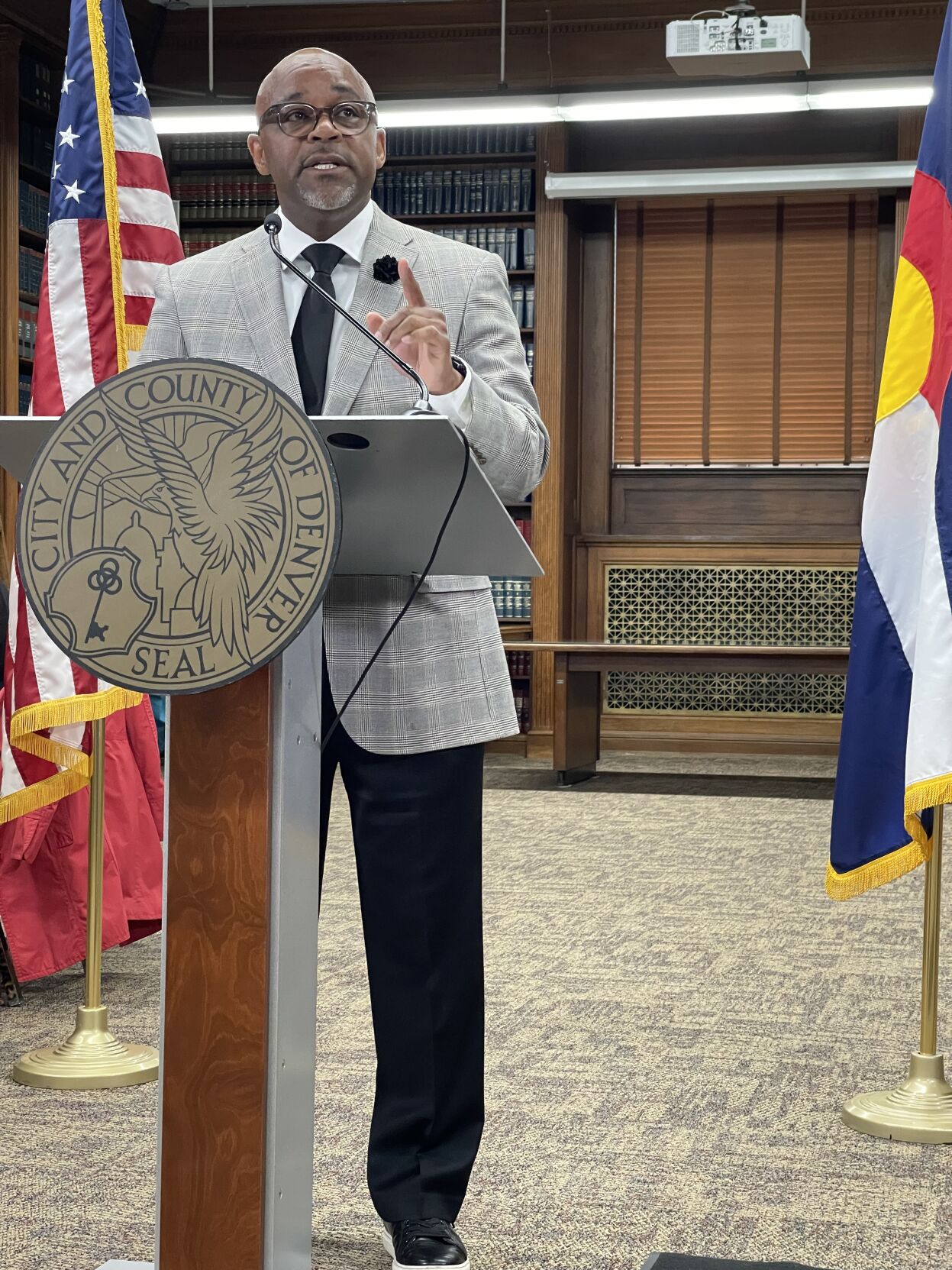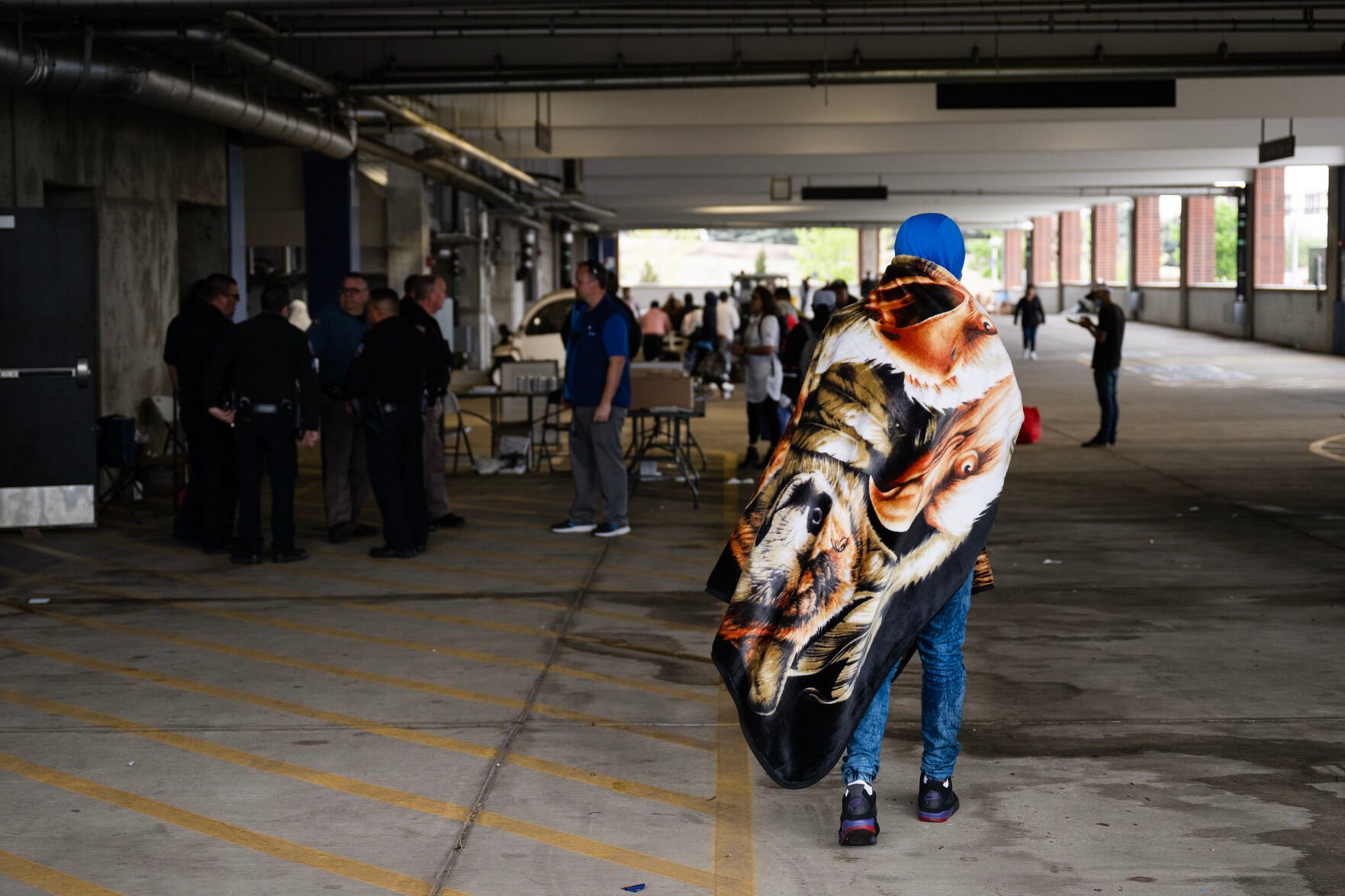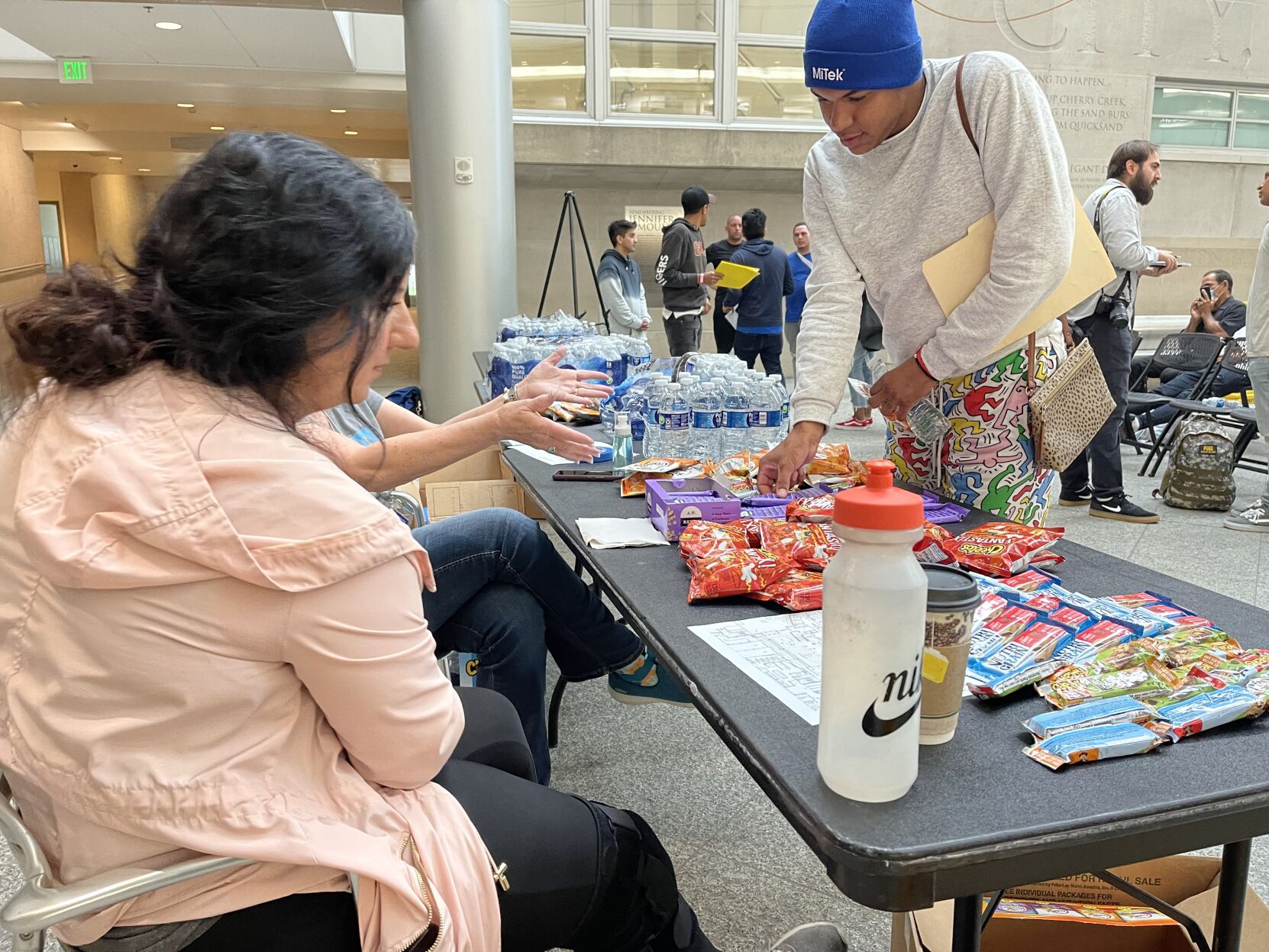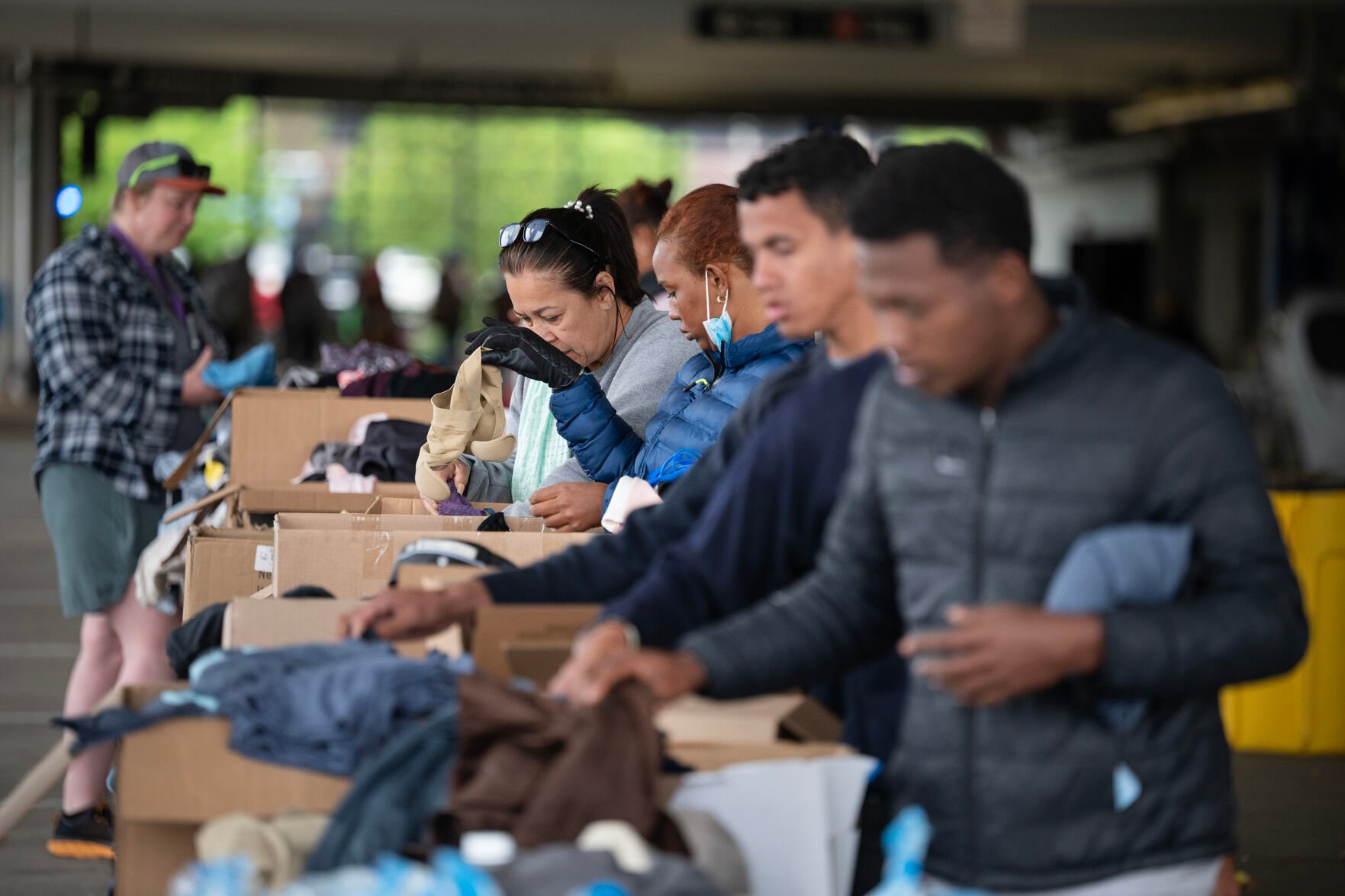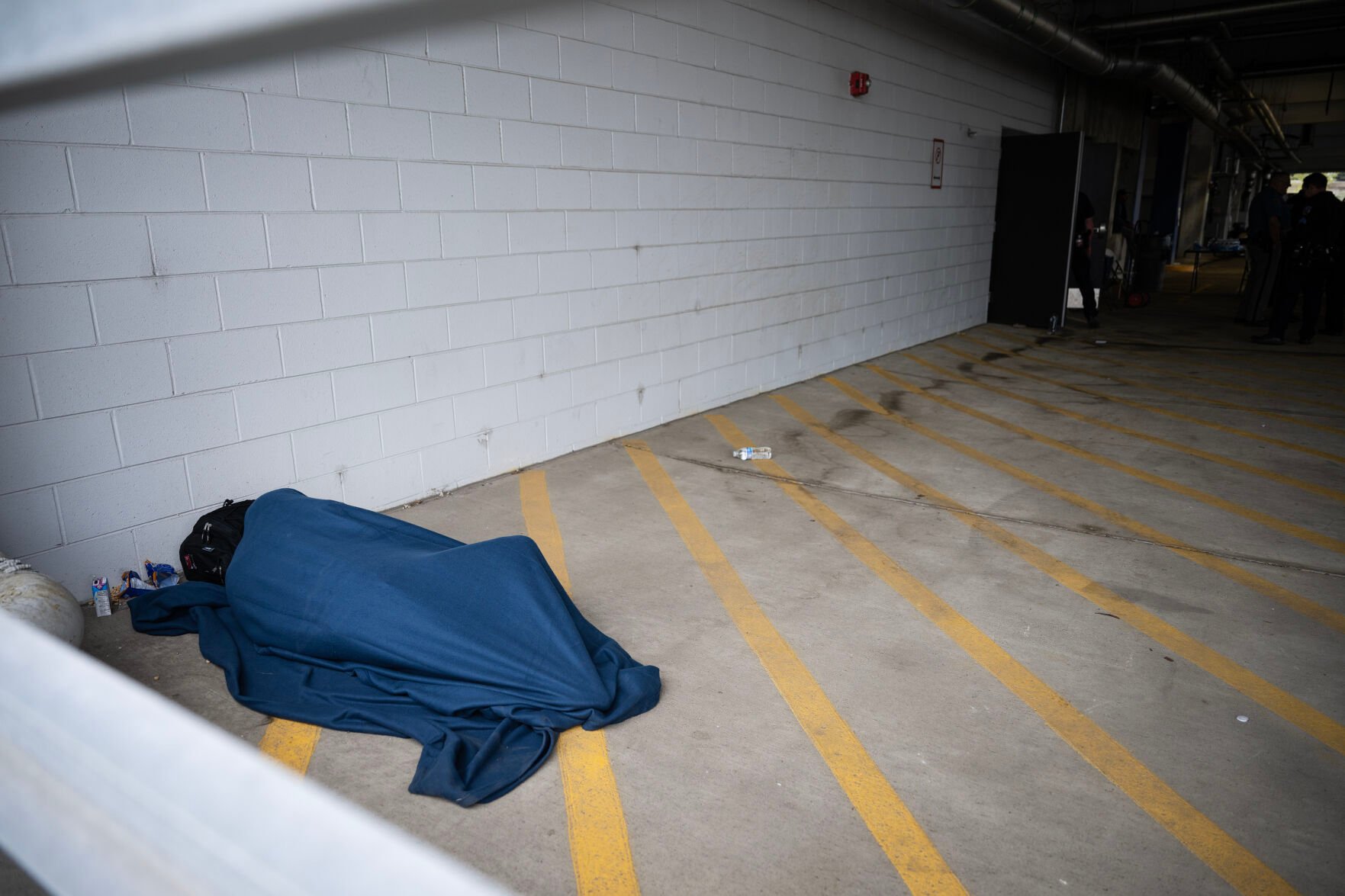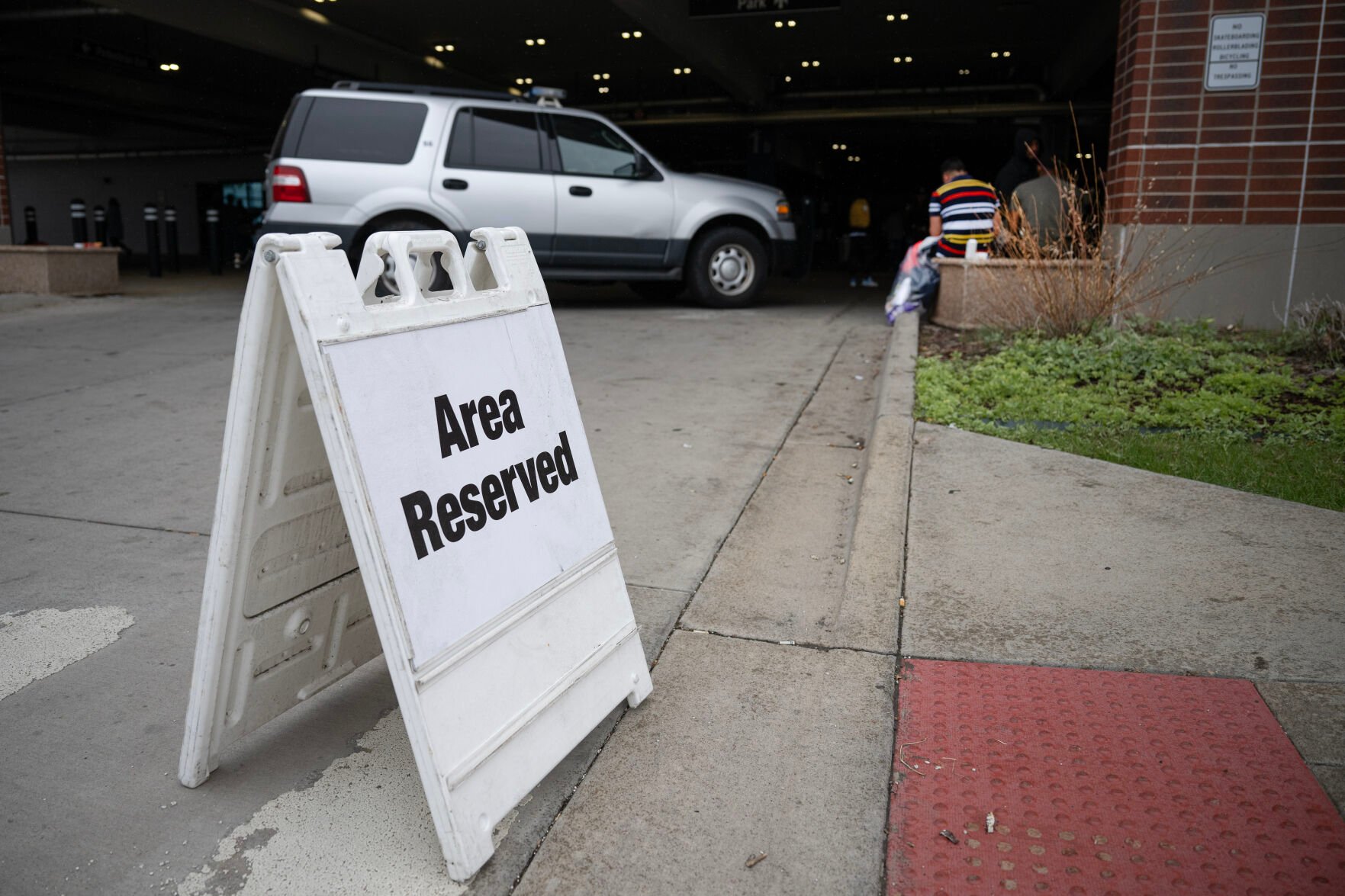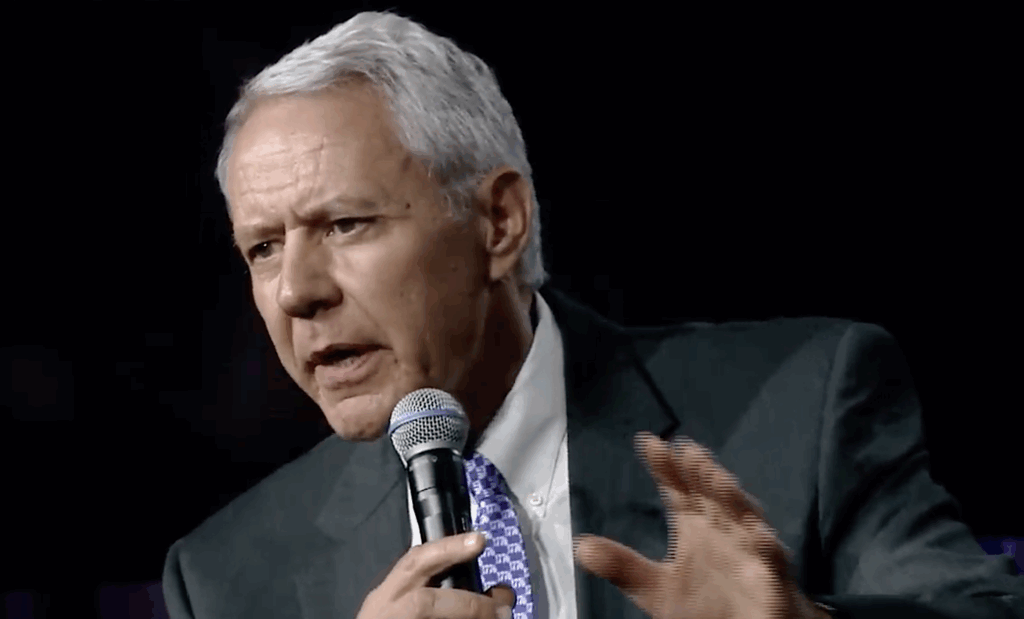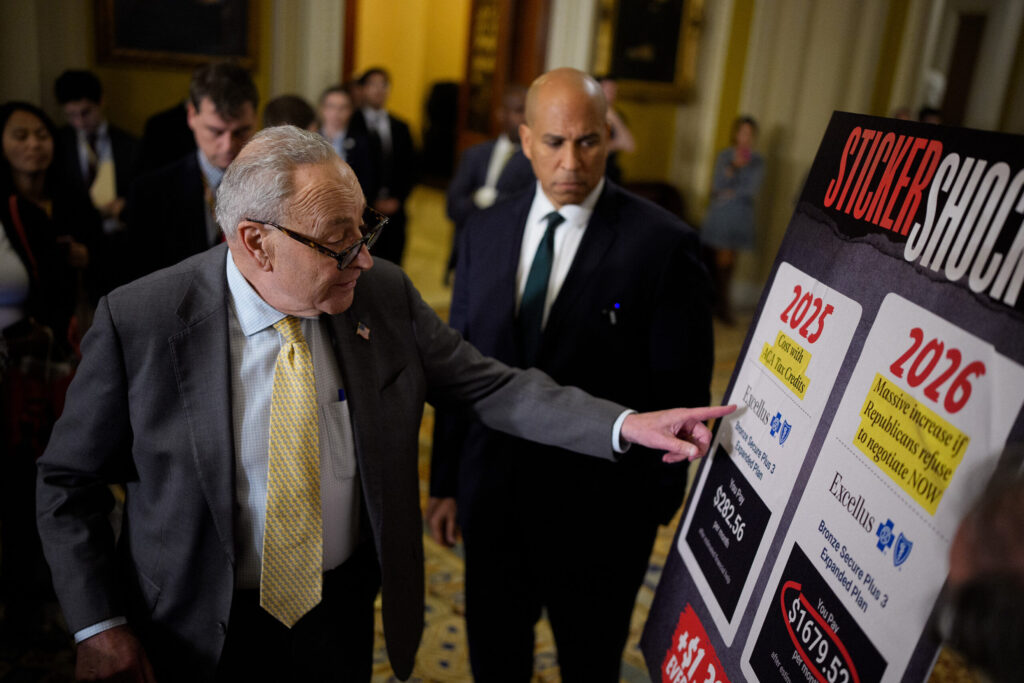No lawful entry? No asylum: Biden administration responds to immigrants’ surge at border, influx in Denver

In its most forceful statement yet on the surge of immigrants at the U.S. border with Mexico – a crisis that has been spilling to America’s interior in cities, such as Denver – the Biden administration said those who crossed into the U.S. illegally won’t be eligible for asylum.
“Starting tonight, people who arrive at the border without using a lawful pathway will be presumed ineligible for asylum,” Secretary of Homeland Security Alejandro N. Mayorkas said in a statement.
“We are ready to humanely process and remove people without a legal basis to remain in the U.S,” he said.
It’s not immediately clear what Mayorkas’ statement means in terms of stopping the surge of people from crossing the border.
Mayorkas added: “We have 24,000 Border Patrol Agents and Officers at the Southwest Border and have surged thousands of troops and contractors, and over a thousand asylum officers to help enforce our laws. Do not believe the lies of smugglers. The border is not open.”
The Biden official said people who do not use “available lawful pathways” to enter the U.S. will now face “tougher consequences, including a minimum five-year ban on re-entry and potential criminal prosecution.”
“Together with our partners throughout the federal government and Western Hemisphere, we are prepared for this transition,” he said.
In Denver, the surge of immigrants has become palpable in the last few days, straining resources and once more breaking the city to a breaking point.
Local nonprofits – that for months have helped Denver temporarily house immigrants from South and Central America – have been bracing for the new surge with the sunset of a pandemic-era border restriction that ends Thursday.
“All the shelters are pretty much at capacity,” said Kristen Baluyot, Denver metro social services director for the Salvation Army. “So, any influx is going to be very hard for us to respond to.”
In less than 10 days, the number of immigrants has more than doubled in Denver shelters.
Called “Title 42,” the portion of the U.S. code, the federal policy adopted under the Trump administration, allowed authorities to swiftly expel immigrants to help slow spread of COVID-19.
Immigrants apprehended under Title 42 were returned to their home countries or sent back to Mexico.
The pandemic’s federal emergency designation – and, along with it, Title 42 – will end just before midnight Thursday. Anticipating the policy’s end, the number of immigrants at the U.S. border with Mexico has swelled.
On Tuesday, Denver Mayor Michael B. Hancock declared an emergency activation – his second in five months – to leverage federal resources to address the humanitarian crisis.
The city has spent nearly $16 million since December to support arriving immigrants. The federal government, Hancock said during a press conference Thursday, has reimbursed the city about $900,000.
This surge, Hancock said, may require cutting services. But he stopped short of saying immigrants would be turned away.
“We don’t get advance notice that busloads of people are coming,” Hancock said.
He added: “We’re in desperate need for emergency shelter space for what will be coming our way.”
The influx illustrates the calamity that’s been unfolding at the U.S. border for years, a crisis that is spilling over into cities in America’s interior, including Denver, which is more than 600 miles from El Paso, Texas, the closest U.S. border.
City officials said the immigrants pick Denver because of El Paso’s relative proximity to Denver, at least in terms of being able to get to the city by bus with relative ease.
Officials noted that the bus fare to Denver is less expensive from West Texas to other places in the country. Organizations that support the immigrant community also highlight the resources and diversity in the community, as well as its status as a “sanctuary city,” as reasons attracting the immigrants to Denver.
Reporters Nico Brambila and Carol McKinley contributed to this story.
